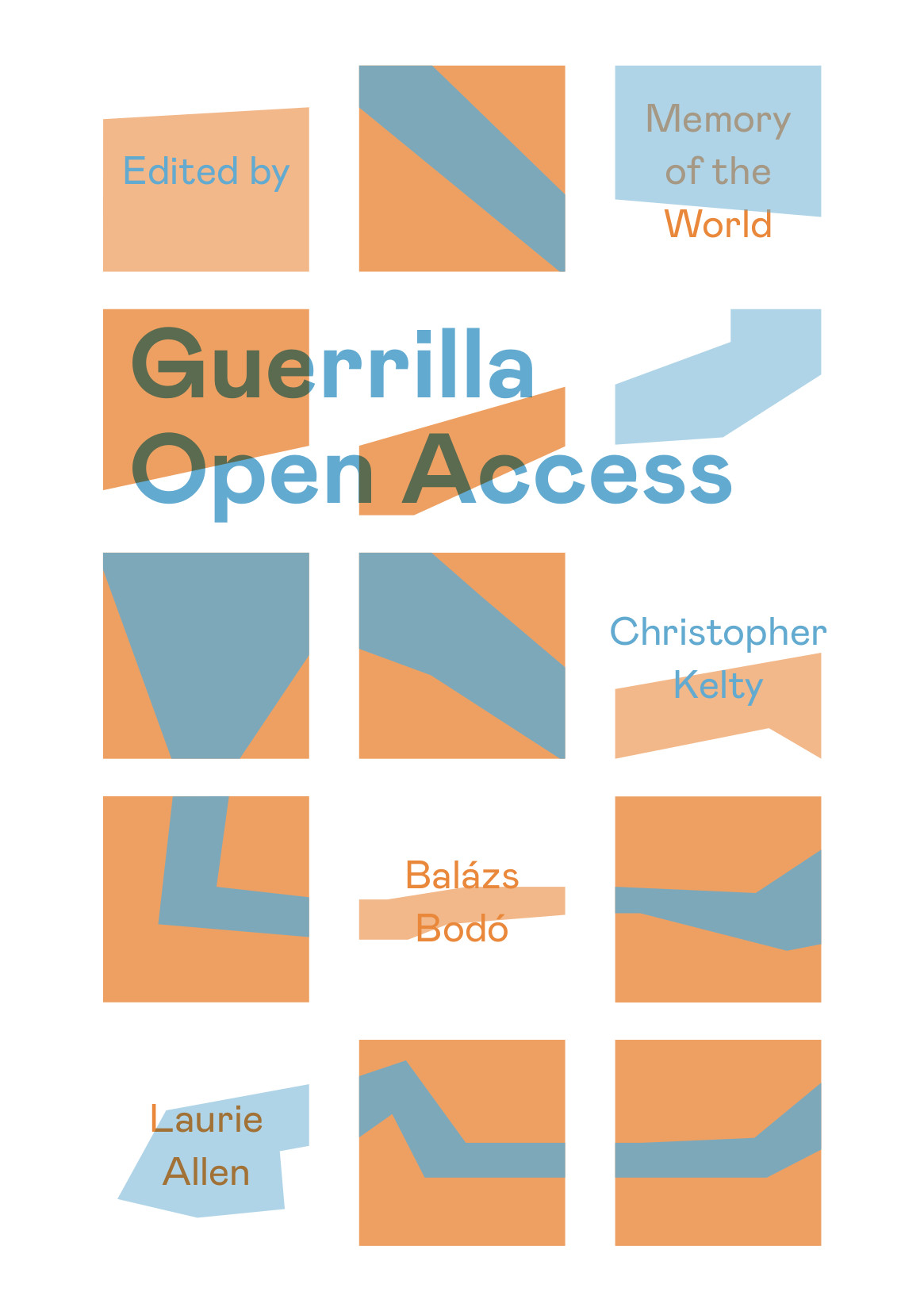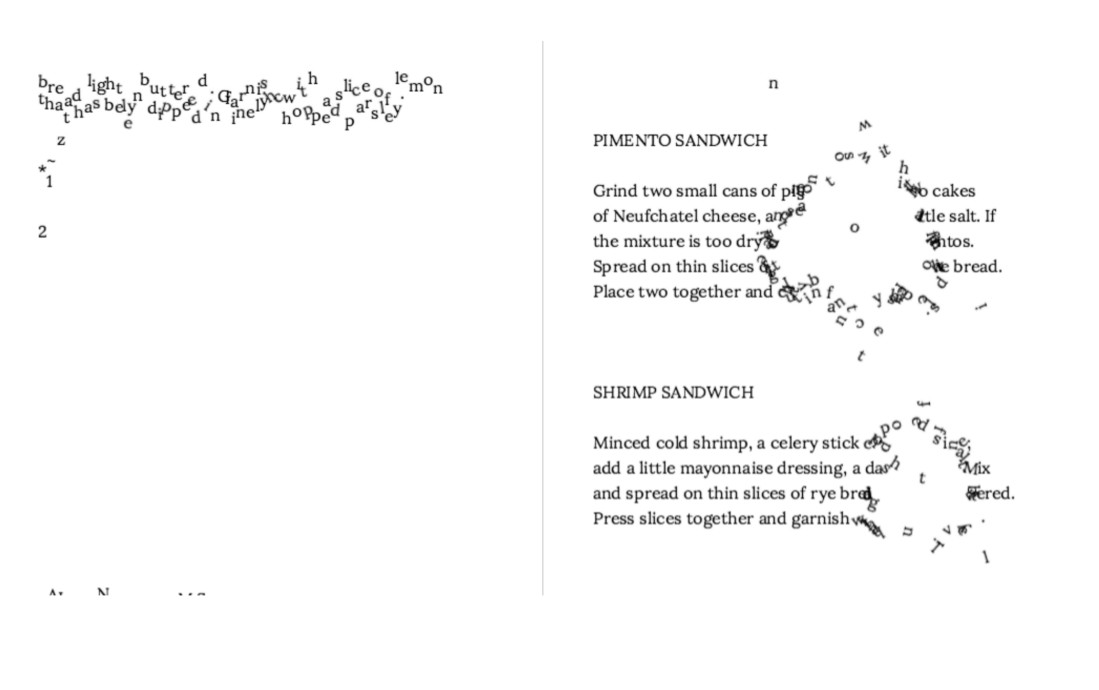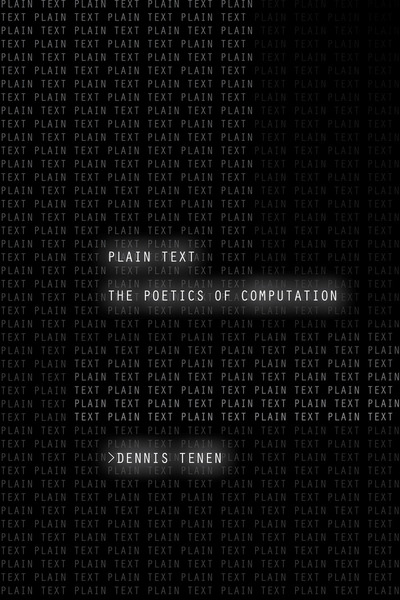Memory of the World (ed.): Guerrilla Open Access (2018)
Filed under pamphlet | Tags: · book, copyright, free software, knowledge production, open access, piracy, publishing, shadow library

“In the 1990s, the Internet offered a horizon from which to imagine what society could become, promising autonomy and self-organization next to redistribution of wealth and collectivized means of production. While the former was in line with the dominant ideology of freedom, the latter ran contrary to the expanding enclosures in capitalist globalization. This antagonism has led to epochal copyrights, where free software and piracy kept the promise of radical commoning alive.
As the contributions to this pamphlet indicate, the terms of struggle have shifted: not only do we have to continue defending our shadow libraries, but we need to take back the autonomy of knowledge production and rebuild institutional grounds of solidarity.”
With texts by Memory of the World, Christopher Kelty, Balázs Bodó, and Laurie Allen.
Publisher Post Office Press, Rope Press, and Memory of the World, Coventry, 2018
Radical Open Access II series
Creative Commons BY-SA 4.0 License
34 pages
Liza Daly: A Physical Book (2017)
Filed under artist publishing | Tags: · book

“A Physical Book makes a digitized book ‘physical’ by rendering it in a simulated space where properties like gravity, friction, and velocity all apply. The program randomly perturbs the letters, then takes a snapshot at a point in time, re-assembling the images into a new, ‘un-digitized’ book.
The raw, uncorrected scanned text of The Up-To-Date Sandwich Book: 400 Ways to Make a Sandwich (1909) is re-imagined as this 251 page (50,964 words) book.”
Self-published in November 2017
[500] pages
via author, HT derek beaulieu
Dennis Tenen: Plain Text: The Poetics of Computation (2017)
Filed under book | Tags: · book, computation, human-computer interaction, language, literary theory, literature, media, media theory, poetics, software, text, theory, translation

“This book challenges the ways we read, write, store, and retrieve information in the digital age. Computers—from electronic books to smart phones—play an active role in our social lives. Our technological choices thus entail theoretical and political commitments. Dennis Tenen takes up today’s strange enmeshing of humans, texts, and machines to argue that our most ingrained intuitions about texts are profoundly alienated from the physical contexts of their intellectual production. Drawing on a range of primary sources from both literary theory and software engineering, he makes a case for a more transparent practice of human–computer interaction. Plain Text is thus a rallying call, a frame of mind as much as a file format. It reminds us, ultimately, that our devices also encode specific modes of governance and control that must remain available to interpretation.”
Publisher Stanford University Press, 2017
ISBN 9781503601802, 1503601803
x+268 pages
Reviews: N. Katherine Hayles (Critical Inquiry, 2017), Jan Baetens (Leonardo, 2017), James Edward Draney (LARB, 2017), Maisie Ridgway (Textual Practice, 2018).
Comments (2)
